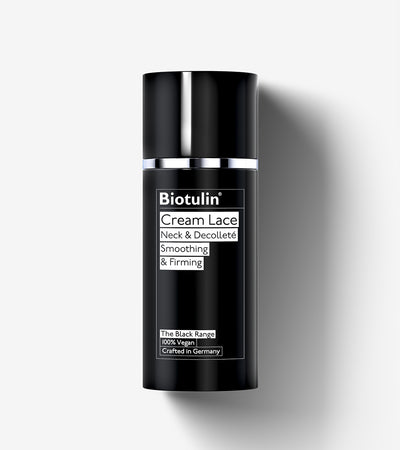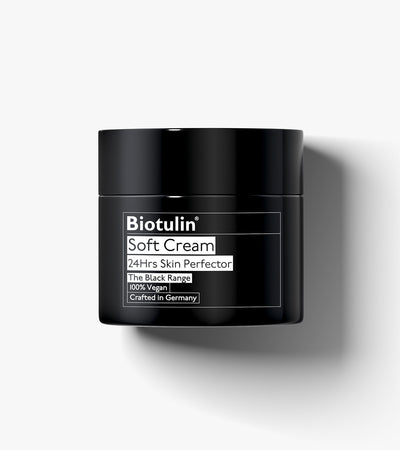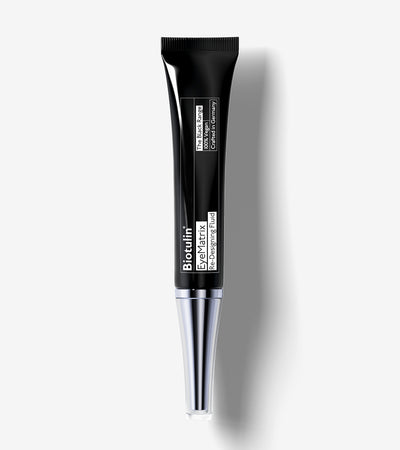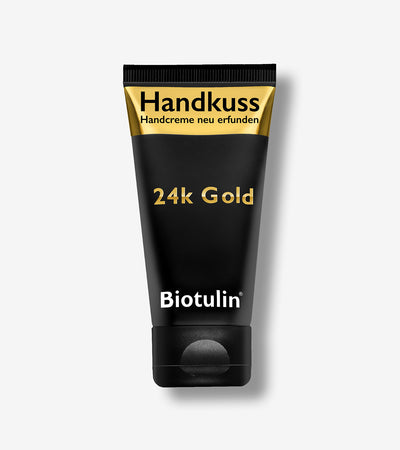Overview/Definition
Cetearyl alcohol is a common ingredient found in a wide array of skincare and cosmetic products. Despite its name, it is not the type of alcohol that is typically associated with drying or irritating the skin. Instead, cetearyl alcohol is a fatty alcohol derived from natural sources such as coconut or palm oil. It is created by combining cetyl and stearyl alcohols, both of which are derived from these plant-based sources.
In skincare, cetearyl alcohol serves multiple purposes. It is primarily used as an emollient and emulsifier, helping to soften and smooth the skin while also stabilizing the formulation of products. Its ability to create a protective barrier on the skin's surface makes it an essential component in many moisturizers and creams.
Function in Skincare
Cetearyl alcohol functions as both an emollient and an emulsifier in skincare products. As an emollient, it helps to soften and smooth the skin by filling in the spaces between skin cells, creating a smoother surface. As an emulsifier, it aids in combining oil and water-based ingredients, ensuring a stable and well-blended product.
The primary benefits of cetearyl alcohol for the skin include:
- Moisturization: It helps to lock in moisture, preventing dryness and flakiness.
- Skin softening: Its emollient properties make the skin feel smoother and more supple.
- Barrier protection: It forms a protective layer on the skin's surface, helping to retain moisture and protect against environmental stressors.
Skin Type Suitability
Cetearyl alcohol is suitable for all skin types, including dry, oily, sensitive, and combination skin. It is particularly beneficial for dry and sensitive skin due to its moisturizing and protective properties.
Specific concerns it addresses include:
- Dryness: Helps to alleviate dryness and flakiness by locking in moisture.
- Sensitivity: Its gentle nature makes it suitable for sensitive skin, reducing the risk of irritation.
Benefits
The specific benefits of cetearyl alcohol include:
- Enhanced skin hydration.
- Improved skin texture and smoothness.
- Protection against moisture loss.
- Stabilization of product formulations.
Scientific studies have shown that fatty alcohols like cetearyl alcohol are effective in improving skin hydration and barrier function. While I can't provide direct links, you can find relevant studies on platforms like PubMed or Google Scholar.
Potential Side Effects or Risks
Cetearyl alcohol is generally considered safe and well-tolerated. However, as with any ingredient, there is a small risk of adverse reactions in some individuals. Potential side effects may include:
- Allergic reactions: Although rare, some people may experience allergic reactions such as redness, itching, or hives.
- Skin irritation: In sensitive individuals, it may cause mild irritation.
It is always a good idea to perform a patch test before incorporating a new product into your skincare routine.
Usage in Skincare Products
Cetearyl alcohol is commonly found in a variety of skincare products, including:
- Moisturizers and creams.
- Lotions.
- Serums.
- Cleansers.
- Hair care products.
It is typically used in concentrations ranging from 1% to 5%, depending on the product formulation.
How it’s used
To incorporate products containing cetearyl alcohol into your skincare routine, follow these best practices:
- Apply moisturizers or creams containing cetearyl alcohol after cleansing and toning.
- Use products as directed by the manufacturer.
- Combine with other hydrating ingredients like hyaluronic acid or glycerin for enhanced benefits.
Frequency of use can vary depending on your skin type and concerns. Generally, daily use is safe and effective.
Scientific Studies/Research
Summaries or links to studies proving the efficacy of cetearyl alcohol can be found on scientific databases such as PubMed or Google Scholar. Look for studies that focus on the benefits of fatty alcohols in skincare.
Other Names/Synonyms
Cetearyl alcohol may also appear under the following names:
- Cetostearyl alcohol.
- Cetyl/stearyl alcohol.
Sustainability/Environmental Impact
Cetearyl alcohol can be sustainably sourced from plant-based oils like coconut or palm oil. However, it is important to ensure that the palm oil used is certified sustainable to minimize environmental impact. Many brands now offer vegan and cruelty-free options containing cetearyl alcohol.
Fun Facts
Cetearyl alcohol has been used in cosmetics for decades due to its versatility and effectiveness. It is also commonly used in hair care products to improve manageability and softness.
Sources/References
https://www.healthline.com/health/cetearyl-alcohol#bottom-line





